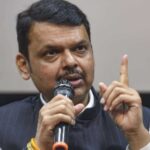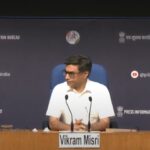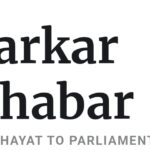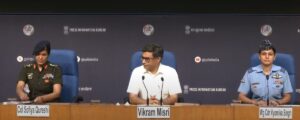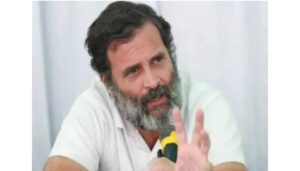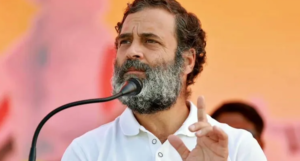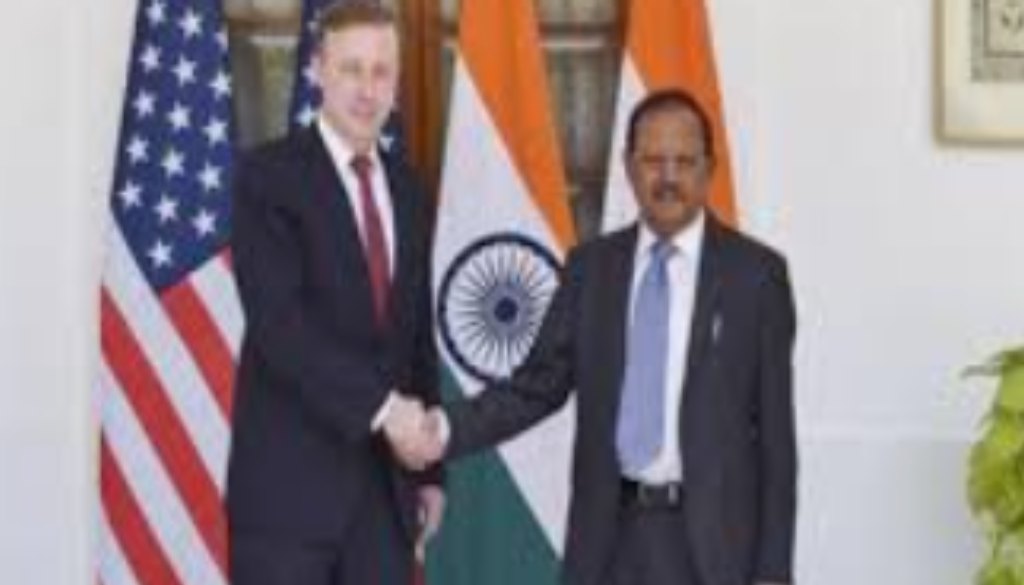
US-India NSA Talks Focus on Strategic Trade and Technology Cooperation
New Delhi, 18th June 2024: During the first high-level engagement between the United States and India since the return of the NDA government, US NSA Jake Sullivan and his Indian counterpart Ajit Doval pledged substantial actions in the coming months to address longstanding obstacles to strategic trade, technology, and industrial cooperation. They also committed to preventing the unauthorized transfer of sensitive technologies to countries of concern.
Sullivan’s visit, initially delayed earlier this year, culminated in comprehensive discussions on critical and emerging technologies under the initiative on critical and emerging technology (iCET). This initiative aims to elevate bilateral relations by eliminating regulatory barriers and crafting a new roadmap for joint development and production in defence industries.
In addition to meeting with Foreign Minister S Jaishankar and Prime Minister Narendra Modi, Sullivan briefed PM Modi on advancements in iCET collaboration spanning areas such as artificial intelligence, semiconductors, defence, and space. Modi expressed satisfaction with the rapid expansion and alignment of bilateral cooperation on regional and global issues.
During their discussions, the NSAs addressed geopolitical issues including the Russia-Ukraine conflict and the Gaza conflict. They emphasized the importance of adapting their technology protection measures and affirmed their commitment to preventing the leakage of sensitive technologies, without specifying particular countries.
The joint factsheet issued after their meeting highlighted ongoing efforts under the Strategic Trade Dialogue to tackle barriers to technology collaboration. Progress in negotiations for the GE-HAL jet engine deal, India’s procurement plans for MQ-9B armed drones, and potential co-production of land warfare systems were acknowledged.
In the defence sector, the focus was on deepening cooperation for the adoption of cutting-edge commercial technologies in military applications and enhancing capabilities in both defence ecosystems. The joint development of an AI Multi-Domain Situational Awareness product was also launched as part of expanding defence industrial partnerships.
“Our collaboration is grounded in a shared commitment to ensuring technology development aligned with democratic values and universal human rights,” emphasized the joint factsheet, highlighting the pivotal role of Indo-Pacific security and prosperity for both nations.
Doval and Sullivan, who postponed his visit twice previously this year, reiterated their commitment to achieving breakthroughs in critical and emerging technology areas through co-production, co-development, and research and development opportunities. They also stressed enhanced coordination with like-minded nations to deliver secure and cost-effective technology solutions globally.



